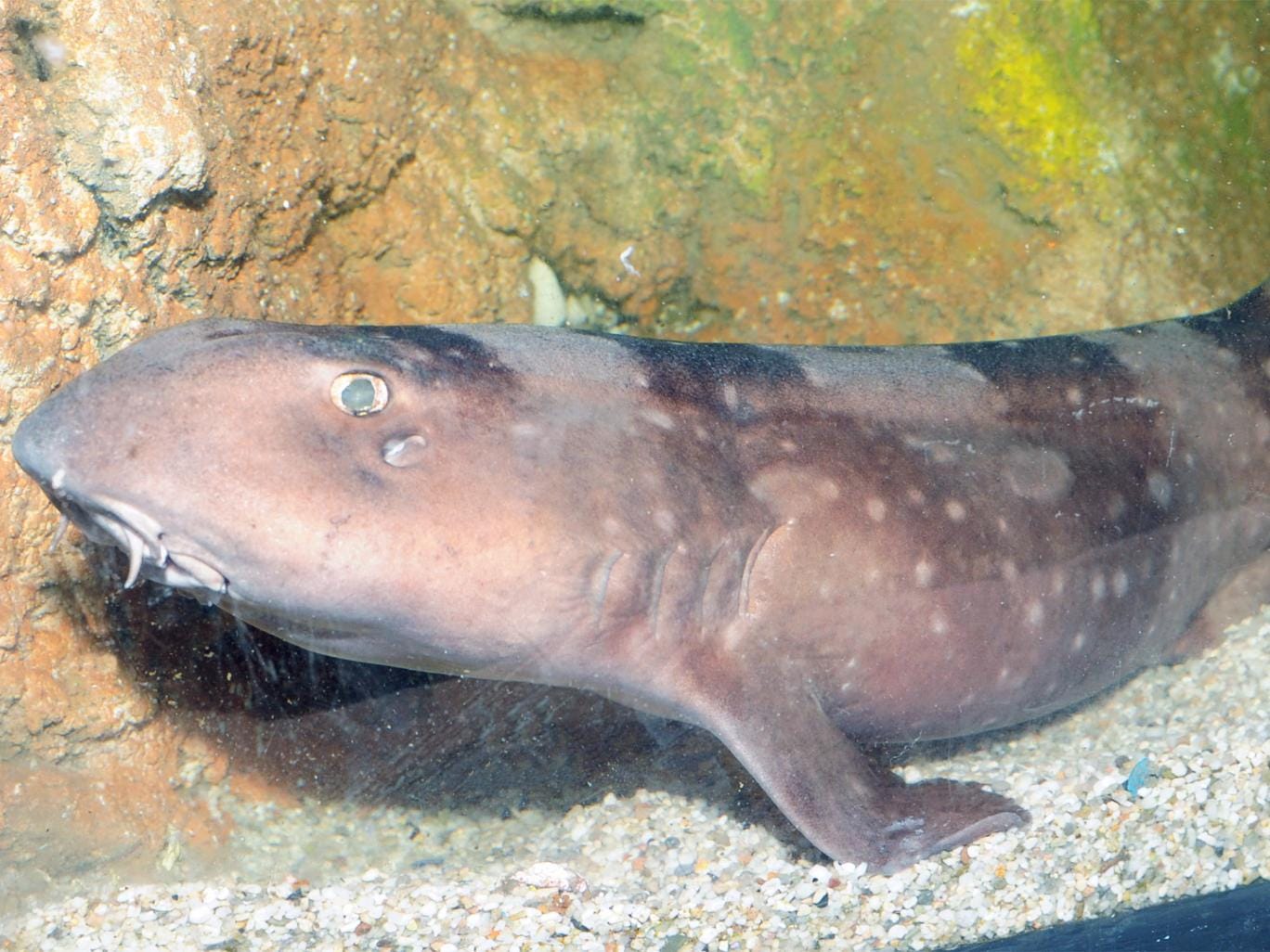
A female shark which has had no contact with males for more than two years is poised, biologists believe, to become a mother to two babies.
The white spotted bamboo shark arrived at Great Yarmouth Sea Life Centre in 2013 having been evacuated from the badly flooded sister centre in Hunstanton.
She has been the only member of her species at the centre in that time and has had no contact with male sharks.
But now experts at the centre have said she has produced two fertile eggs which are due to hatch in nine months time.
If the births are successful, the babies would be examples of an amazing phenomenon to conceive without a male which has only recently been identified in sharks.
Marine biologist and shark expert Darren Gook said: “They will be the first such births in the Sea Life network and we’re excited and privileged to be expecting such a miraculous event.”
The discovery of the two eggs comes within days of the announcement in Germany of a second generation virgin birth involving the same bamboo shark species at a research facility in Munich.
Mr Gook said: “The process is called ‘parthenogenesis’ and has long been known to occur in domestic chickens and some reptiles, but was not recorded in sharks until 2008.
“Females somehow manage to add an extra set of chromosomes to their eggs to produce offspring which are either clones or half-clones of themselves.
“It’s been recorded in bonnethead, blacktip and zebra sharks as well as white spotted bamboos.
“It was assumed offspring born this way were infertile and it was an evolutionary dead end but events in Germany have now disproved that.”
Mr Gook added that one explanation of asexual reproduction is that it is nature’s way of ensuring the survival of the species if there is a drastic decline in numbers that make it harder for males and females to locate each other.
The two eggs have been removed to the safety of a nursery tank where visitors will be able to see them and where they will be closely monitored for the full term of their development.
PA







